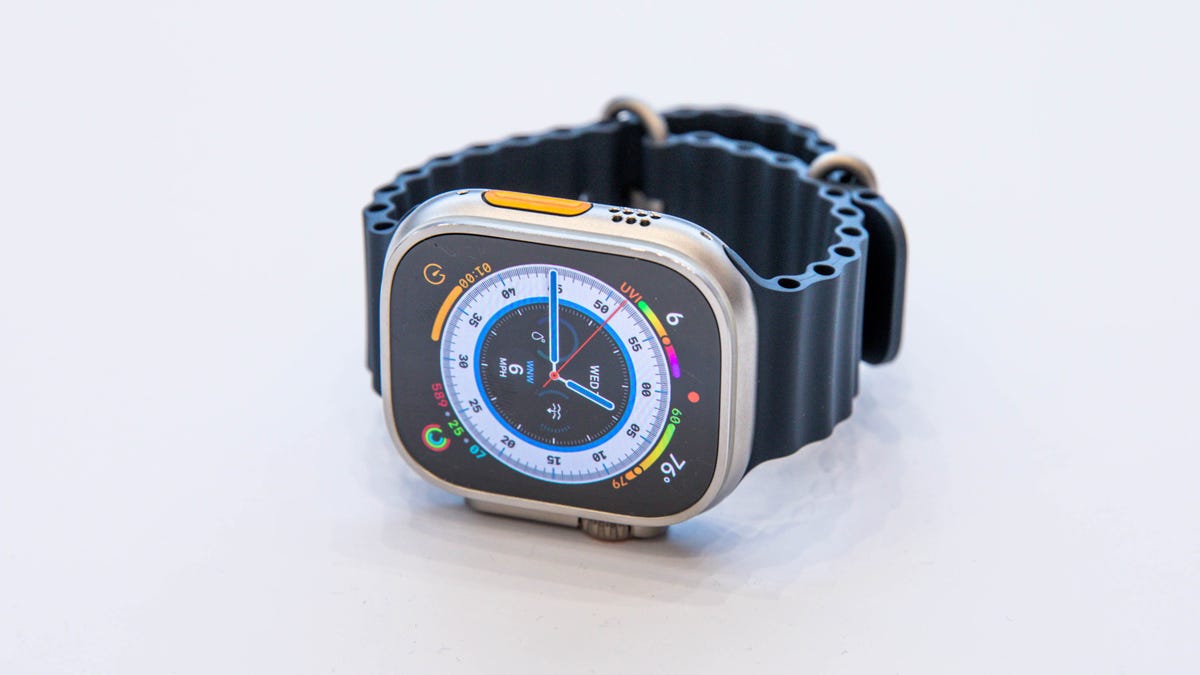I'm not an Apple fan, but I feel they deserve credit for admitting it. Of course, it's not permanent. It probably depends on a rubber o-ring or gasket. The products aren't intended to be serviced (which is a separate problem), so eventually, the thing won't be water resistant anymore as that rubber ages and cracks.
That's just a guess, as I don't have handy FCC technical documents talking about the water resistance features to go by.
I would give them credit if they specified a service interval and offered service to maintain its "water resitance" indefinitely. (like Shearwater does) As it is, they just have documentation to cover their denial of coverage for when it floods.




